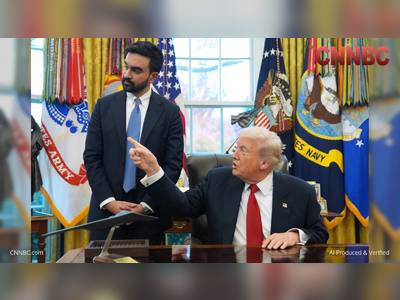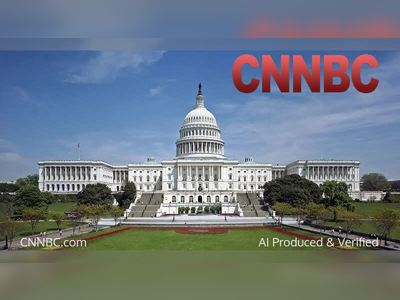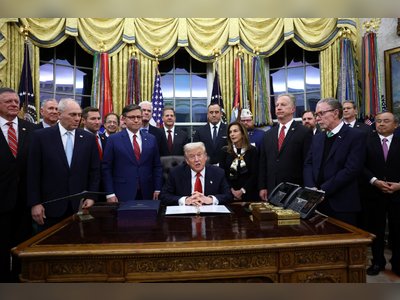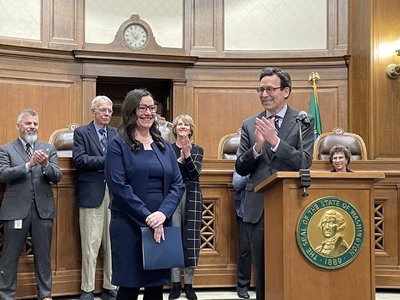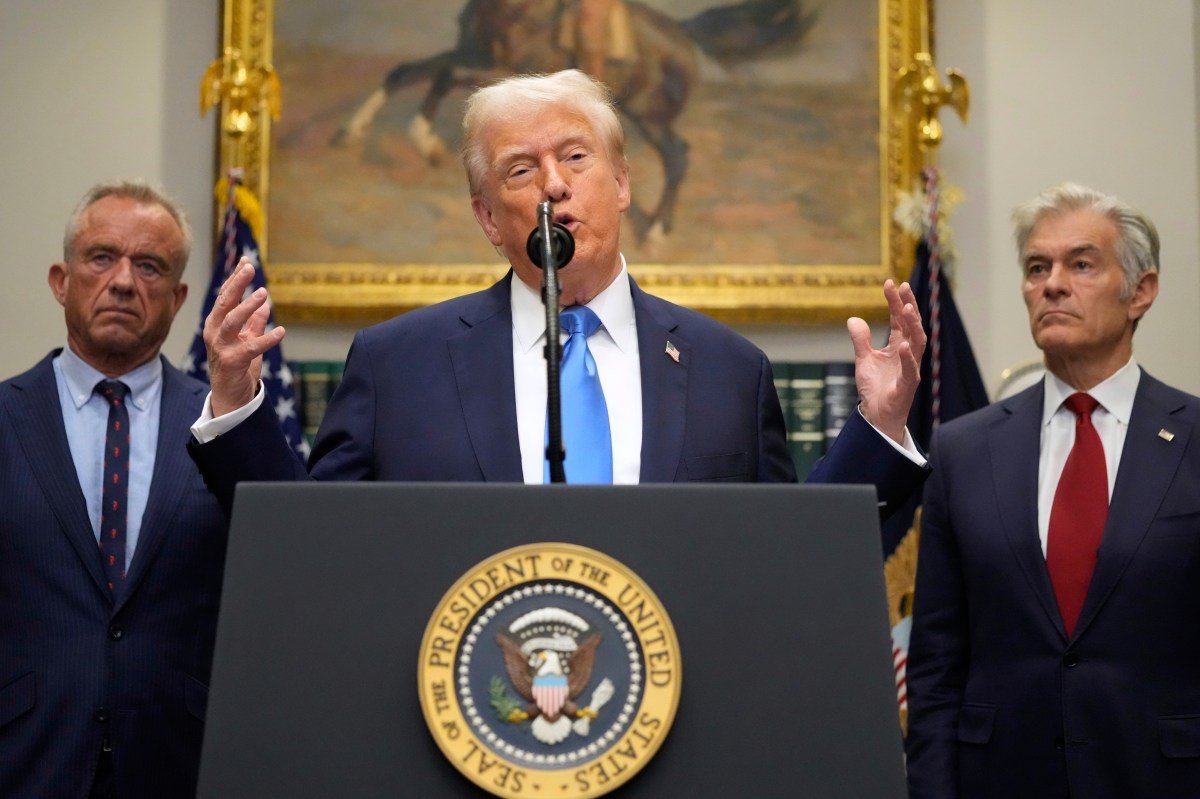
Trump Administration Circulates Draft Two-Year Extension of ACA Premium Tax Credits
White House considers capping eligibility, imposing minimal premiums as millions face looming premium hikes
The White House is working on a draft proposal to extend premium subsidies under the Affordable Care Act by two years, officials familiar with the document say.
The initiative, still subject to final presidential approval, would lengthen assistance that many marketplace enrollees rely on, while also tightening eligibility and requiring baseline premium payments.
According to the framework under discussion, the eligibility cap for enhanced tax credits would rise from 400 % to about 700 % of the federal poverty level, enabling more middle-income Americans to receive support.
However, to curb zero-premium plans for low-income consumers, every enrollee would be expected to pay a minimum monthly premium—possibly set at 2 % of income or a flat five-dollar threshold for lower-tier plans.
The plan would also allow enrollees in bronze and catastrophic plans to contribute to health savings accounts and incorporate an existing “program-integrity rule” aimed at reducing fraud, waste and abuse.
The proposal emerges amid warnings that letting the current subsidies expire on December 31 could more than double many individuals’ premiums in 2026 and leave an estimated two million additional Americans uninsured.
The draft seeks to prevent a severe affordability crisis while balancing Republican concerns about fiscal discipline, eligibility limits and shifting away from insurer-paid subsidies.
Insurers reacted swiftly: shares of major operators such as Centene, Molina Healthcare and Elevance Health rose notably on the publication of the report, reflecting relief that a major subsidy cliff may be avoided.
The administration has not formally announced the policy, and a White House spokesperson stated that no health-care announcement was scheduled for the day.
House and Senate Republicans remain divided: some hardliners oppose extension of subsidies, while moderates urge action to avert premium spikes ahead of the next enrollment season.
Democratic lawmakers regard the draft as a starting point, not a final offer; they continue to press for a straight extension of the subsidies without new eligibility hurdles.
With open enrollment for 2026 fast approaching and the election year looming, negotiations now centre on how to preserve affordability, protect coverage for pre-existing conditions and maintain market stability without escalating federal costs or undermining Republican policy objectives.
The initiative, still subject to final presidential approval, would lengthen assistance that many marketplace enrollees rely on, while also tightening eligibility and requiring baseline premium payments.
According to the framework under discussion, the eligibility cap for enhanced tax credits would rise from 400 % to about 700 % of the federal poverty level, enabling more middle-income Americans to receive support.
However, to curb zero-premium plans for low-income consumers, every enrollee would be expected to pay a minimum monthly premium—possibly set at 2 % of income or a flat five-dollar threshold for lower-tier plans.
The plan would also allow enrollees in bronze and catastrophic plans to contribute to health savings accounts and incorporate an existing “program-integrity rule” aimed at reducing fraud, waste and abuse.
The proposal emerges amid warnings that letting the current subsidies expire on December 31 could more than double many individuals’ premiums in 2026 and leave an estimated two million additional Americans uninsured.
The draft seeks to prevent a severe affordability crisis while balancing Republican concerns about fiscal discipline, eligibility limits and shifting away from insurer-paid subsidies.
Insurers reacted swiftly: shares of major operators such as Centene, Molina Healthcare and Elevance Health rose notably on the publication of the report, reflecting relief that a major subsidy cliff may be avoided.
The administration has not formally announced the policy, and a White House spokesperson stated that no health-care announcement was scheduled for the day.
House and Senate Republicans remain divided: some hardliners oppose extension of subsidies, while moderates urge action to avert premium spikes ahead of the next enrollment season.
Democratic lawmakers regard the draft as a starting point, not a final offer; they continue to press for a straight extension of the subsidies without new eligibility hurdles.
With open enrollment for 2026 fast approaching and the election year looming, negotiations now centre on how to preserve affordability, protect coverage for pre-existing conditions and maintain market stability without escalating federal costs or undermining Republican policy objectives.

